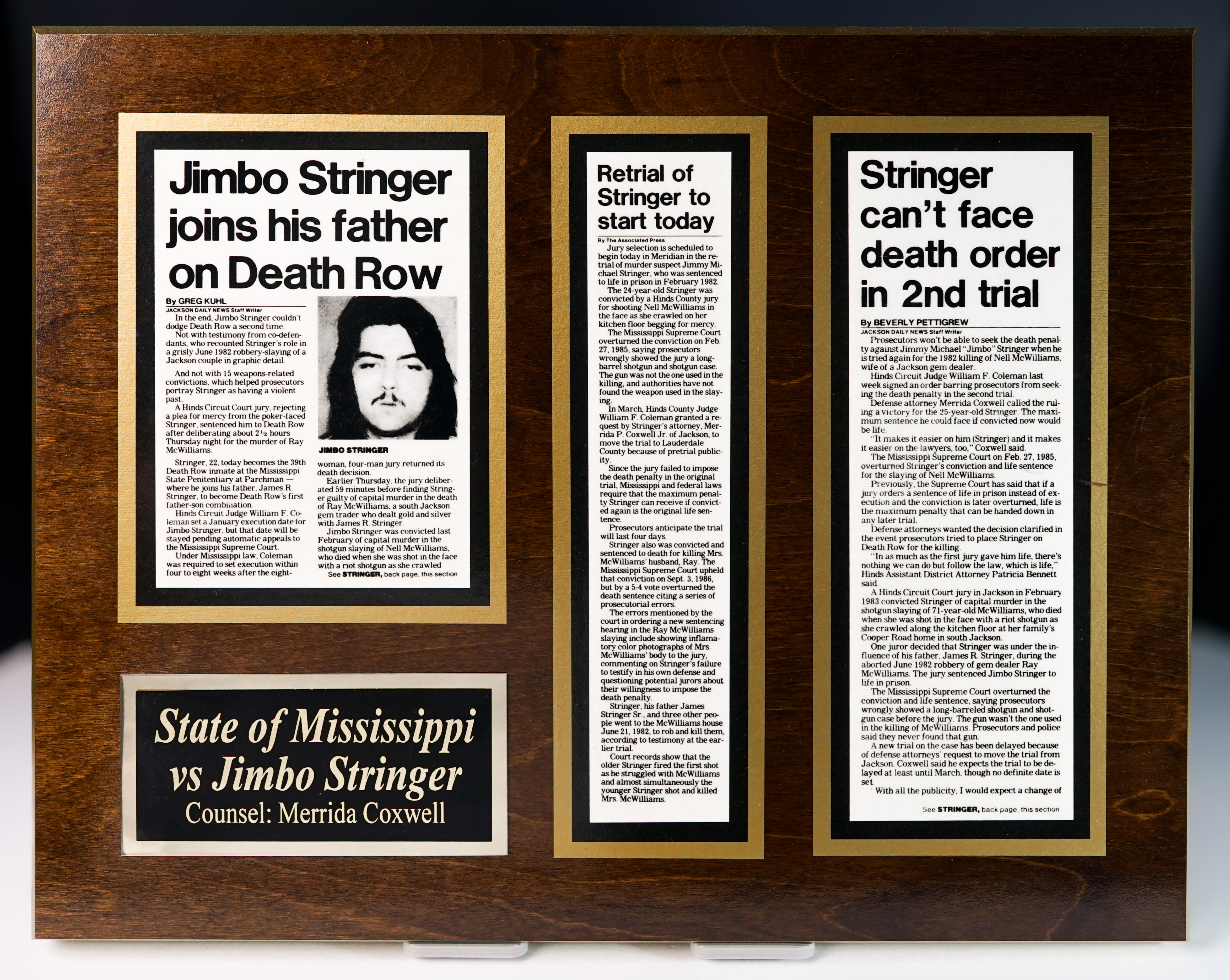
Vicksburg Municipal Court
Vicksburg is the county seat of Warren County, Mississippi—and the only city in Warren County. Vicksburg is located 40 miles due west of Jackson, on the east bank of the Mississippi River. In 2010, Vicksburg had a population of almost 50,000. The Mississippi River played a significant role in the history of Vicksburg; economics and residential development were also strongly influenced by the Mississippi River. Founded in 1811, Vicksburg saw rapid growth as a commerce center, agricultural center and center for those passing by on the Mississippi River.
There were many dangers associated with traveling up and down the Mississippi River in the early 1800’s. To combat the danger to travelers, safety regulations for steamboats were passed by Congress—regulations which, unfortunately, were virtually unenforceable. By 1840 goods could be transported via the railway, particularly cotton. In fact, by 1846 the railway sprawled across the entire state, becoming the only east-west railway between New Orleans and Memphis.
By February 1861, secession from the Union included eleven states; representatives from these states held a meeting in Montgomery, Alabama, and 48 hours later Jefferson Davis, president of the Confederate States of America, gave his first address in Vicksburg. During this speech, Davis stated he had “earnestly” struggled to maintain the Union, however the safety and honor of the states required the dissolvement of the connection with the U.S.
The Union and the Confederacy expected the war to be fought quickly and be over, however by the summer of 1861 both sides were aware the war was likely to be long and difficult. The eventual fall of New Orleans and other strongholds near to the city resulted in evacuation along the Lower Mississippi. Vicksburg maintained railway access even when many other river towns could not. By July 1863, General Pemberton held a meeting with commanders to determine whether they felt they could fight their way out of Vicksburg. Two days later Pemberton and General Grant met to discuss surrender. Pemberton accepted Grant’s terms of surrender, so long as the 30,000 Vicksburg Confederates would not be sent to prison, rather would be paroled.

Meet Our Team

What Sets Us Apart?
-
Free Consultations
-
Family Oriented Law Firm
-
Over 70 Years of Combined Experience
-
Dedicated to Clients










